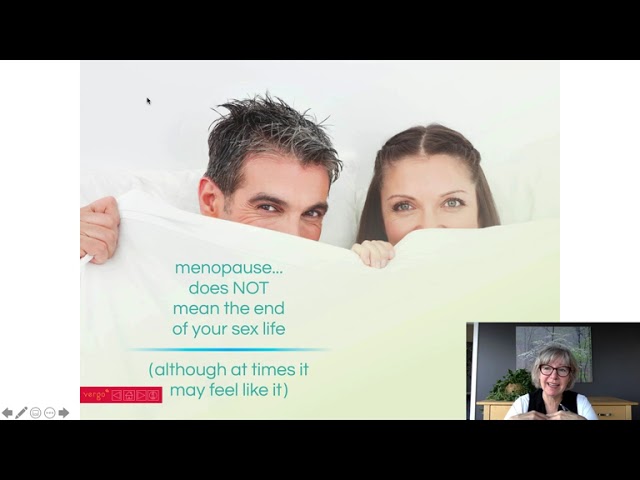How do you know if the menopause information you are reading on the internet is correct? How do you know what to trust, and whom to trust?
Without a doubt, that’s the million-dollar question. There are a few simple things you can do to increase the chances that your menopause information can be trusted:
- Are there citations documented in the material? That’s a good start.
- Now look at the sources matching those citations at the end of the article. Do you recognize any of them as being an authority on the subject? Do they seem like they could be trusted, for example Harvard, or the Mayo Clinic, or academic research?
- Know the difference between opinion and research. Has the writer done their research, or are we just getting an opinion from someone on the street? There is nothing wrong with opinions – just don’t mistake them for evidence-based research.
For menopause, the organization that produces the most reliable evidence-based research is the North American Menopause Society (NAMS). That’s the gold standard.
You can find them here: http://www.menopause.org/
In the UK you want to look for the British Menopause Society (BMS).
You can find them here: https://thebms.org.uk/
In Europe you want to look for the European Menopause and Andropause Society (EMAS).
You can find them here: https://www.emas-online.org/
For additional solid, reliable information, download the Vergo App, called The Menopause Educator.
If you have any questions or comments, please feel free to reach out deborah@vergowoman.com
Deborah




